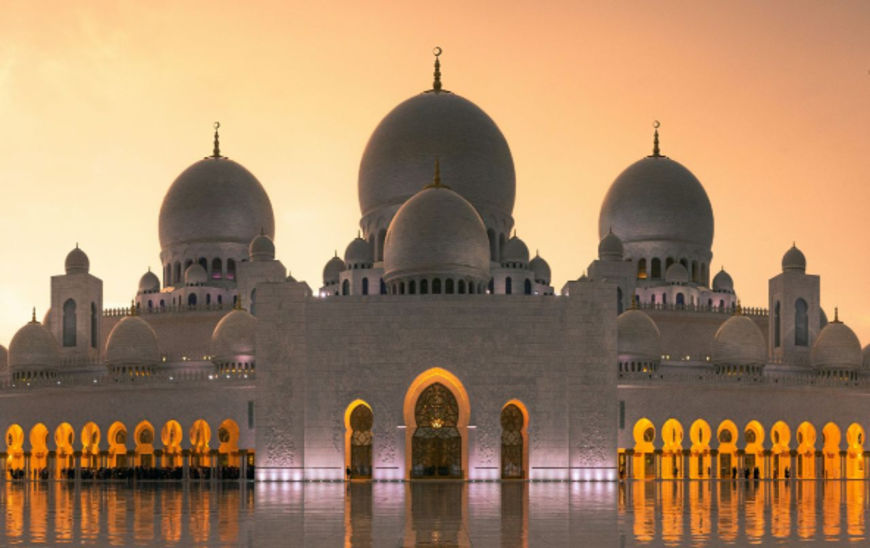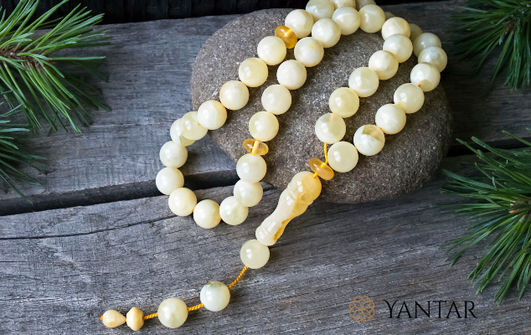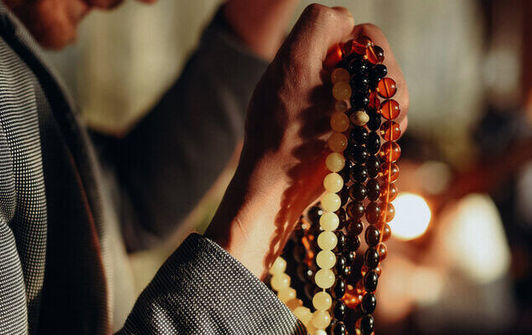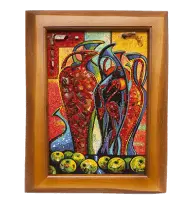
Mawlid al-Nabi, or the birthday of the Prophet Muhammad (peace be upon him), is a deeply spiritual occasion observed by millions of Muslims around the world. In 2025, Mawlid is expected to fall on the evening of Sunday, September 4, and will be celebrated into Monday, September 5, depending on moon sightings.
This day holds immense significance in the Islamic calendar as it commemorates the birth of the Prophet — a time to reflect on his life, teachings, and the values of mercy, compassion, and justice that he exemplified. In the United Arab Emirates (UAE), this holiday blends religious observance with cultural expression, making it both a solemn and festive occasion.
Historical and Religious Context
The celebration of Mawlid has its roots in the early centuries of Islam, believed to have originated during the Fatimid Caliphate in the 11th century. Over time, it evolved into a widely recognized tradition, especially among Sunni and Sufi communities, who honor the Prophet’s life and legacy with gatherings, storytelling, and prayers.
However, not all Islamic scholars agree on the permissibility of celebrating Mawlid. Some conservative scholars view it as an innovation (bid'ah) not practiced by the Prophet’s companions, while others argue it is a positive innovation that helps keep the Prophet’s teachings alive.
Across the Muslim world, Mawlid is marked differently — from large processions and public celebrations in countries like Egypt, Indonesia, and Pakistan, to more modest observances in the Gulf states. In the UAE, Mawlid is acknowledged as a public holiday, but the tone is more reflective than celebratory, focusing on prayer, family, and charity.
Public Life During Mawlid in the UAE
Mawlid is officially recognized as a public holiday in the UAE, although the specific date may be confirmed closer to the time depending on lunar sightings. Government offices, schools, and many private companies either close or reduce working hours in observance of the day.
The atmosphere in Emirati cities during Mawlid is peaceful and respectful. While there are no parades or loud festivities, mosques and public buildings may feature special lighting or digital banners sharing blessings and quotes from the Prophet. Media outlets and social platforms are filled with messages of peace, spiritual reflection, and community unity.
Religious Observances
At the heart of Mawlid in the UAE are religious practices that honor the Prophet’s life and mission. Mosques across the country hold special sermons, with Imams focusing on the values of kindness, humility, and service that characterized the Prophet Muhammad.
Believers gather to recite Seerah (the Prophet’s biography) and Hadiths, sharing stories of his wisdom and compassion. In some areas, community centers host Majlis-style gatherings, where families and neighbors sit together for Dhikr (remembrance of God) and religious lectures.
These gatherings foster a strong sense of spiritual connection and help pass Islamic values on to the younger generation.
Cultural and Family Traditions
Within Emirati households, Mawlid is marked with a combination of quiet reflection and family bonding. Many families dedicate time to reading stories about the Prophet with children, discussing his character, and emphasizing Islamic values.
Traditional Emirati sweets and dishes are often prepared and shared with relatives and neighbors. Popular treats include lgaimat (sweet dumplings), dates, and special spiced rice dishes.
Charity is also a key part of the celebration. Emiratis may choose to give Zakat or donate to local causes. Acts of kindness and service, inspired by the Prophet’s life, are seen as the best way to honor his legacy.
Mawlid Events and Celebrations
While large-scale public events are limited, some cities such as Abu Dhabi, Dubai, and Sharjah host educational and cultural programs in honor of Mawlid. These may include:
- Lectures on the Prophet’s life
- Poetry readings and recitations of qasida in praise of the Prophet
- Museum exhibitions showcasing Islamic art and history
- Special programs for children with storytelling, crafts, and spiritual lessons (especially in private or Islamic schools)
These events are usually family-friendly and emphasize unity, education, and reflection.
Contemporary Trends
In recent years, social media has become a powerful tool for expressing devotion during Mawlid. Users across the UAE share quotes, videos, and Islamic teachings, often accompanied by hashtags like #Mawlid2025 or #ProphetMuhammad.
The younger generation in particular connects with the holiday through online content, such as short films, animations, and virtual lectures. Islamic influencers, scholars, and organizations often host live sessions to discuss the Prophet’s values in a modern context.
There is a growing interplay between tradition and modernity, where spiritual reflection is adapted to digital platforms without compromising the essence of the celebration.
Mawlid al-Nabi in the UAE is a day of deep spiritual significance, where reverence, gratitude, and compassion come to the forefront. Whether observed quietly at home, at the mosque, or through community gatherings, it’s a reminder of the timeless values taught by the Prophet Muhammad — values that continue to shape the UAE’s cultural and religious fabric.
In 2025, as in every year, Mawlid offers a moment to pause, reflect, and draw inspiration from a life dedicated to mercy, justice, and peace — qualities that unite Muslims across the Emirates and the world.




 Jewelry
Jewelry Silver amber jewelry
Silver amber jewelry Amber pictures
Amber pictures Souvenirs
Souvenirs